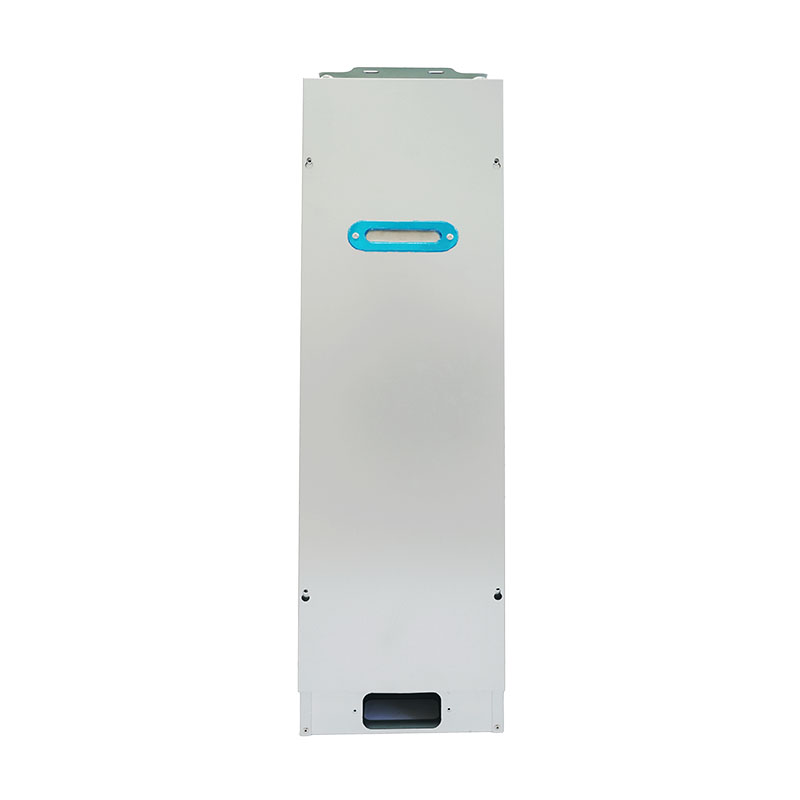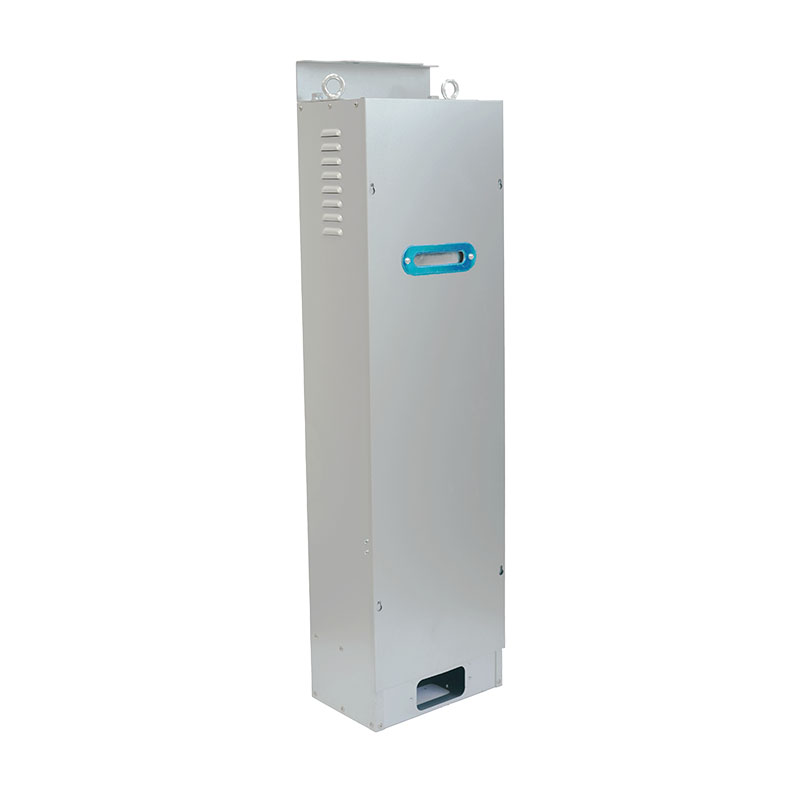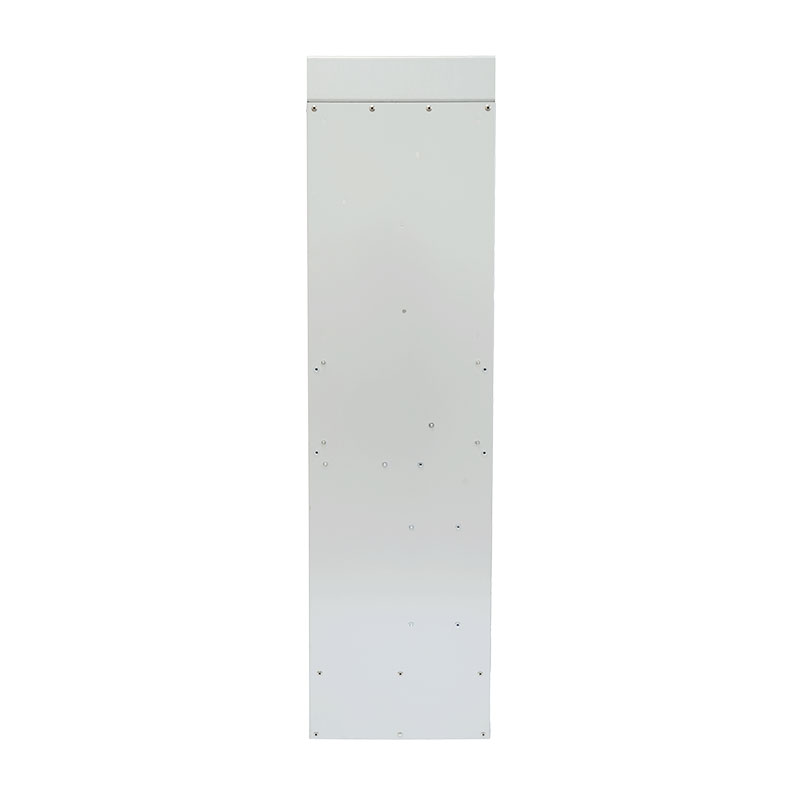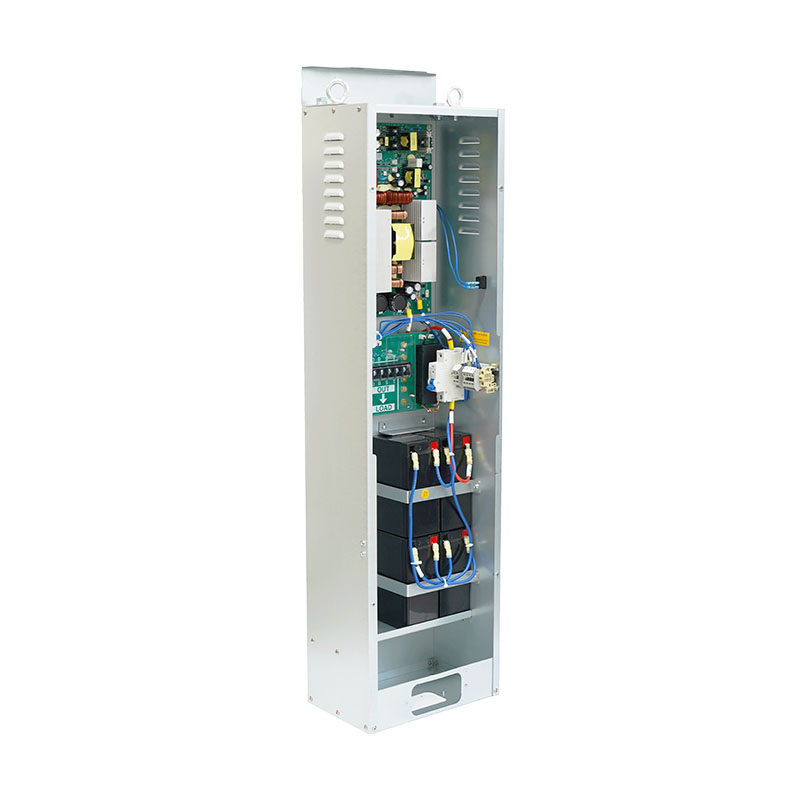Elevator Automatic Rescue Operating Device
The elevator automatic rescue operation device automatically moves the elevator car to the predetermined floor station when the elevator power supply fails or is interrupted, opens the elevator car door and floor door, allows passengers to exit the elevator safely and quickly, and closes the elevator car door and floor door after a certain period of time.
1. Input voltage: 3P AC380~400V; 50/60Hz, applicable with/without N line input.
2. Output voltage: Output single-phase AC380~400V±15%, 50±0.5Hz, R to N, T to N is AC220V.
3. Output rated power: 2000W.
4. Overload capacity: 200% rated load is not less than 2S.
5. Working mode: UPS, EPS.
6. Emergency mode: Emergency program runs in light load direction.
7. Emergency speed: ≤0.15m/s.
8. Applicable elevator power: ≤55KW.
9. Applicable elevator load: ≤1600kg.
10. Applicable elevator speed: ≤4m/s.
11. Comply with GB-T 40081-2021 elevator automatic rescue operation device standard, and comply with GB/T 24807-2021 "Electromagnetic Compatibility The product has passed the type test of Guangdong Special Equipment Testing Institute.
12. Output 200% overload capacity, which can limit the current to cope with the impact, and has stronger overload capacity.
13. Redundant protection design, more stable and reliable performance. Output overload protection, output short circuit protection. Reduce product damage caused by configuration errors and on-site wiring problems.
14. Intelligent charging management, using mature and stable constant current and voltage-limited charging, for maintenance-free lead-acid battery charging, the battery life is long and durable.
15. The self-discharge current of the equipment is nA level, which reduces the low-voltage damage of the battery caused by the self-discharge of the equipment before the equipment is put into normal use.
16. The equipment is not damaged by long-term low-voltage input.
17. The equipment is not damaged by long-term high-voltage input <AC480V (normal input voltage AC380).
18. 485 communication port, which can be connected to a computer to read fault information; input and output parameters are visualized.



